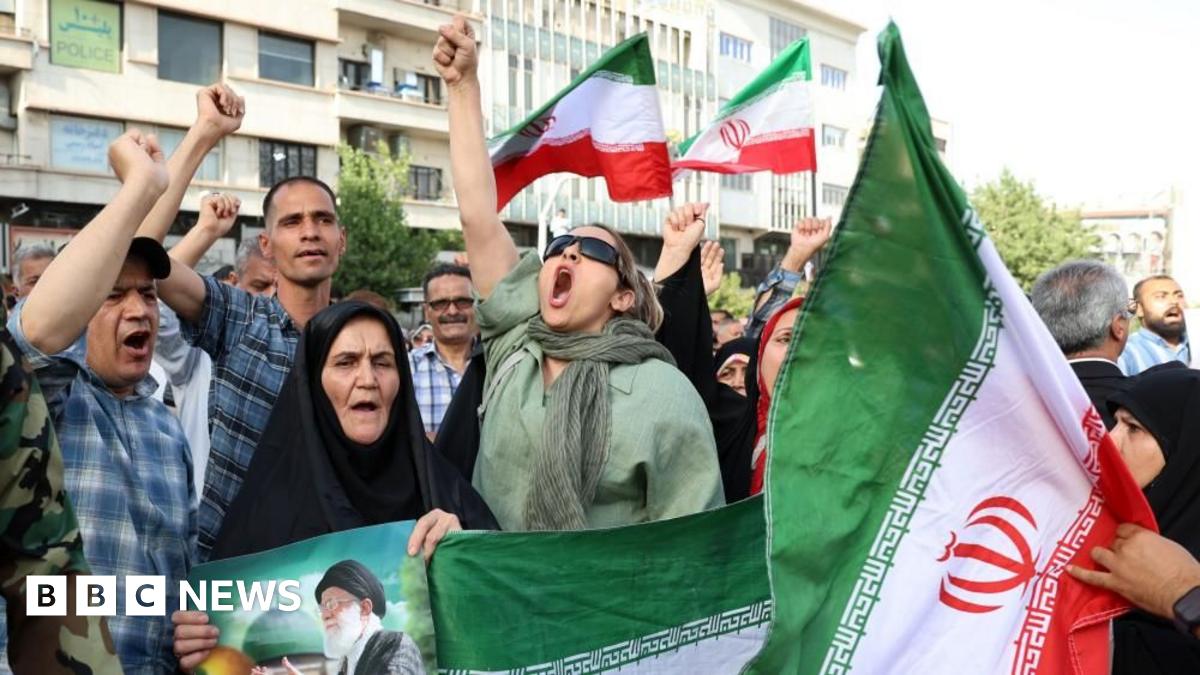Trump Hints at Regime Change in Iran Amidst Escalating Tensions and Tehran's Threat of Retaliation

Tensions between the United States and Iran have reached a fever pitch following recent events, with President Donald Trump openly speculating about the possibility of a 'regime change' in Tehran. This comes after his administration previously stated that replacing Iran's government was not the objective of US military actions.
The latest developments unfolded after a series of escalating incidents in the region. The US military's action against a key Iranian general has prompted a fierce response from Iran, with officials vowing a 'decisive response' to any further aggression. This back-and-forth has heightened fears of a wider conflict in the Middle East.
Trump’s remarks, made during a press briefing, raised eyebrows given the earlier assurances from his team. When questioned about why a regime change shouldn't be considered, Trump offered a seemingly open-ended response, fueling speculation about potential future US policy towards Iran. This shift in tone has been interpreted by some as a signal of increased pressure on the Iranian government.
Iran's reaction has been swift and uncompromising. Supreme Leader Ayatollah Ali Khamenei has vowed to retaliate for the killing of the Iranian general, and other officials have echoed this sentiment, promising a powerful and unwavering response. The Iranian government has also warned of potential attacks on US interests in the region.
The Complexities of Regime Change
The concept of regime change, particularly through military intervention, is fraught with complexities and potential consequences. While proponents argue that it can lead to greater stability and democracy, critics point to the potential for unintended consequences, including prolonged conflict, humanitarian crises, and the rise of extremist groups. Past attempts at regime change in the Middle East have yielded mixed results, highlighting the challenges involved.
Diplomatic Efforts and the Path Forward
The current situation demands careful diplomacy and a de-escalation of tensions. International efforts to mediate between the US and Iran are crucial to prevent a full-blown conflict. The need for a renewed commitment to dialogue and negotiation is paramount, with a focus on addressing the underlying issues that have fueled the tensions between the two countries.
The US and Iran have a long history of strained relations, marked by mistrust and conflicting interests. The recent events have only served to exacerbate these tensions. A sustainable solution requires a comprehensive approach that addresses both the immediate crisis and the long-term challenges.
Economic Sanctions and their Impact
Beyond military threats, the US has also imposed significant economic sanctions on Iran, aiming to pressure the country to alter its behavior. However, these sanctions have also had a devastating impact on the Iranian economy and its people. The effectiveness of sanctions as a tool for achieving political objectives is a subject of ongoing debate.
The world watches with bated breath as the situation unfolds, hoping for a peaceful resolution and a return to stability in the region. The stakes are high, and the consequences of miscalculation could be catastrophic.




